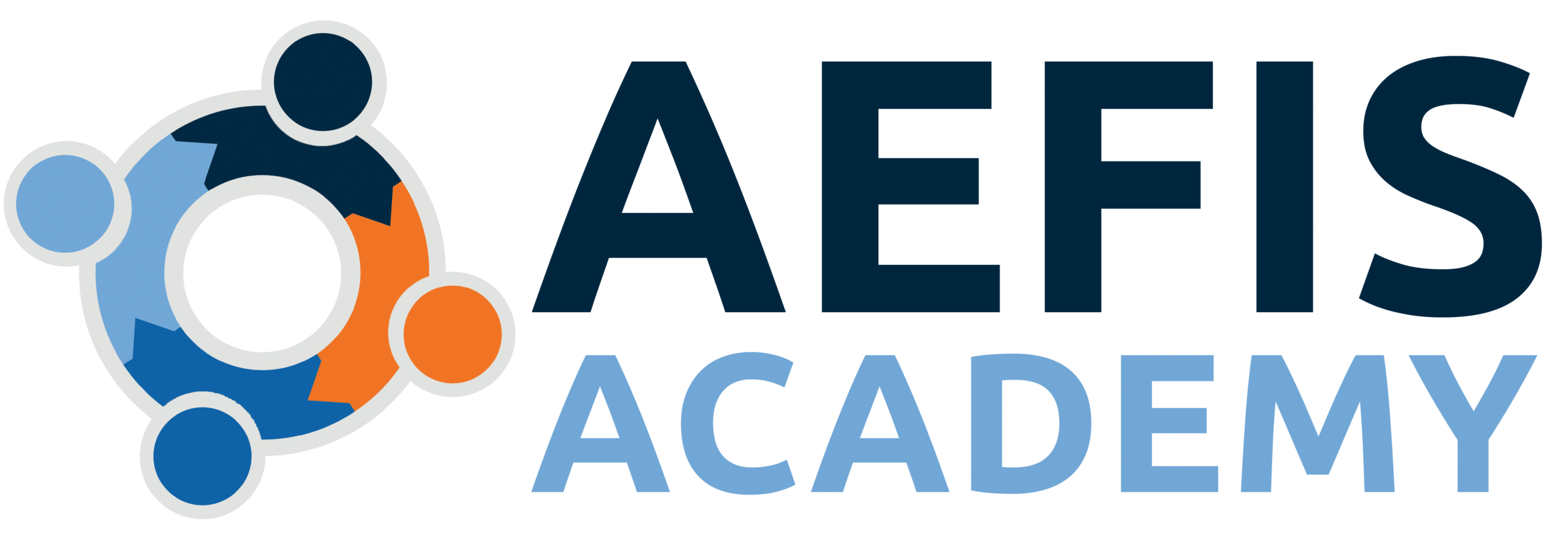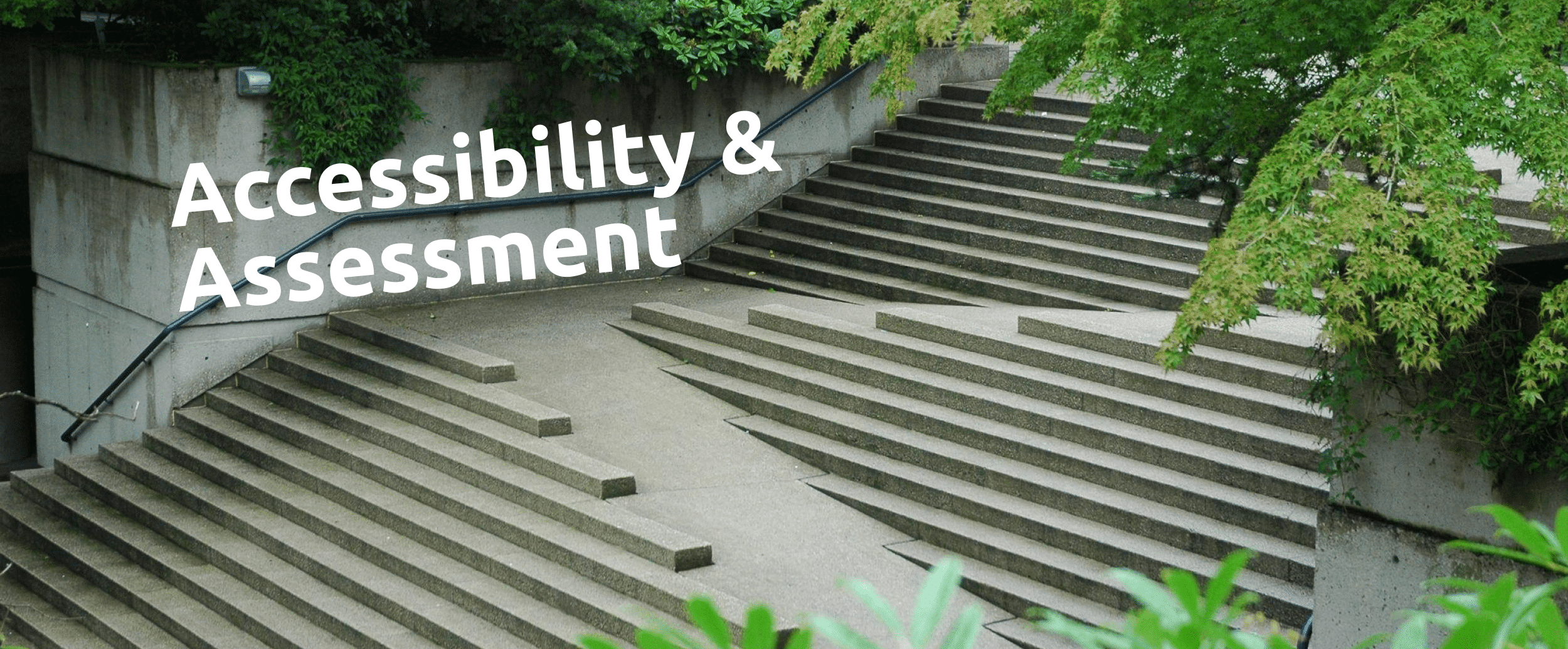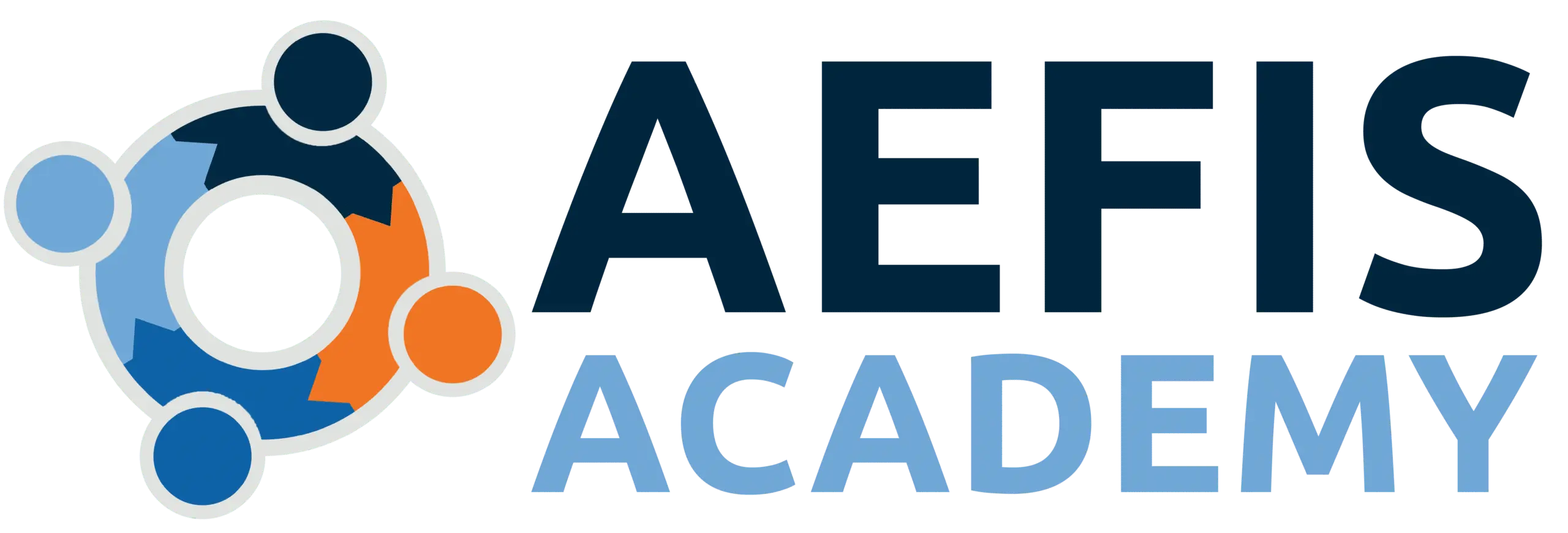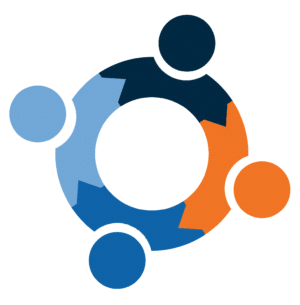Upcoming Live Events
Latest Past Events
Empowering Metacognitive Learning—How to design curricula linked to essential skills to prepare students for careers and lifelong learning
Bridging workforce needs within academic structures is a challenge for many institutions. Having a common language for communicating learning, identifying what skills students are developing and what outcomes they are achieving through curricular and co-curricular experiences is a key component for lifelong learning and return on investment.
Change Agents in a Digital World—Supporting Students in the New Normal
When it comes to supporting students, higher ed has made tremendous strides in providing equitable access to instruction and resources to support student learning and transferability. Generally, accessibility can be considered a prerequisite to validity, such as with testing, where a score interpretation is justifiable for a particular purpose (Roelofs, 2019). Having access means students know how to employ meaningful educational experiences to self-direct their learning and even prepare for their future using existing preparation and experiences. Presenters will share strategies for making learning accessible for all students by highlighting their approaches to Prior Learning Assessment (PLA), Universal Design for Learning (UDL), and assessment of high-impact practices.
Aligning Assessments with Institutional Priorities
. Campuses are rich with information about student learning, faculty contributions, and facilities for student success. And there are different shepherds of these data points, from student affairs practitioners to academic program directors to students themselves. From self-studies to program review, designing an overarching assessment plan linked to outcomes to present data to internal and external stakeholders is essential. This form of strategic planning and assessment can unify processes at the college, department/unit, and course/co-curricular level and give visibility to instructors, administrators, and other leaders' impact on student success.
